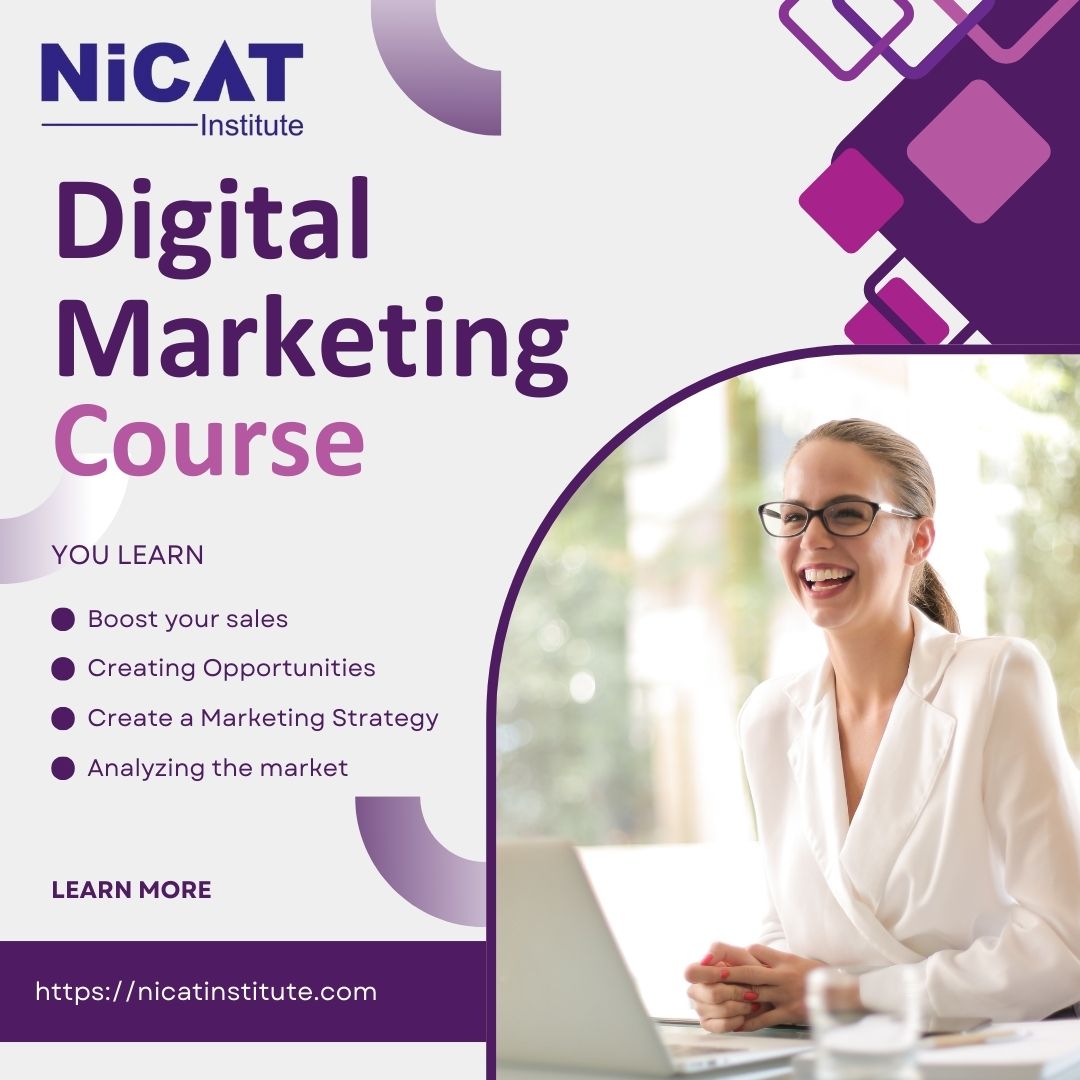The Ultimate Guide to Digital Marketing in 2025
Introduction to Digital Marketing
What is Digital Marketing?
Digital marketing is like the heartbeat of any modern business—without it, you're barely alive in the competitive landscape of today’s economy. So, what exactly is it? Digital marketing refers to the use of digital channels, platforms, and technologies to promote and sell products or services. It encompasses everything from search engine optimization (SEO) to email marketing, from social media campaigns to pay-per-click (PPC) ads. Essentially, if it lives on the internet and helps promote a brand, it falls under the digital marketing umbrella.
Think about how you shop today. You probably Google a product, read a few reviews, watch a YouTube video, check it out on Instagram, and finally click “Buy Now.” That’s the power of digital marketing at work—it influences every step of the customer journey. Unlike traditional marketing, which relies on physical media like billboards or TV ads, digital marketing meets users where they spend most of their time: online.
Businesses big and small are investing heavily in digital strategies because they offer unparalleled targeting, real-time results, and measurable ROI. With the right tools, even a small startup can compete with global giants.
The Evolution of Digital Marketing Over the Years
Let’s take a trip down memory lane to see how digital marketing has transformed. In the early 2000s, digital marketing was a fledgling concept. Having a website and sending a few email newsletters was considered enough. But then came the explosion of social media—Facebook, Twitter, LinkedIn, and Instagram turned the digital world into a bustling marketplace.
Fast forward to the 2010s, and SEO became a top priority. Businesses scrambled to rank on the first page of Google. Content marketing emerged, pushing brands to create blogs, videos, and infographics. The mobile revolution soon followed, leading to mobile-first website design and app-based marketing.
And now, in 2025, we’re entering a whole new era. AI tools like ChatGPT and automation platforms have revolutionized how marketers interact with audiences. Data analytics has become hyper-advanced, allowing real-time optimization of campaigns. The rise of voice search, augmented reality (AR), and the metaverse are also influencing how digital marketing evolves. It's no longer just about visibility—it's about relevance, personalization, and experience.
Core Components of Digital Marketing
Search Engine Optimization (SEO)
SEO is the cornerstone of any digital marketing strategy. It's the art and science of optimizing your website so it appears in the top search results on Google and other search engines. Think of SEO like the GPS that guides potential customers to your website. If you're not showing up on the first page, you're basically invisible.
In 2025, SEO has become more complex than ever. Google's algorithms now use AI to understand search intent, so it's no longer about keyword stuffing. Now, it's all about E-E-A-T (Experience, Expertise, Authoritativeness, Trustworthiness). Google wants to serve users high-quality content from credible sources. That means your content needs to be well-written, informative, and trustworthy.
Mobile SEO, voice search optimization, and local SEO are also key players. With more people using smartphones and smart speakers, optimizing for voice queries and local searches (e.g., “best coffee near me”) is essential.
A successful SEO strategy involves on-page tactics like optimizing title tags and meta descriptions, off-page strategies like backlink building, and technical elements like improving site speed and mobile usability.
Content Marketing
If SEO is the engine, content marketing is the fuel. Content marketing is about creating valuable, relevant content to attract and engage a target audience. We're talking blogs, videos, podcasts, infographics, and social media posts.
The mantra in 2025? “Quality over quantity.” Gone are the days of churning out 500-word articles. Today, content must solve real problems, offer insights, and deliver real value. Long-form blog posts, in-depth guides, and video tutorials dominate the content space.
Storytelling is also a big trend. People want to connect emotionally with brands, and storytelling builds that bridge. Sharing real stories—customer testimonials, behind-the-scenes videos, or founder journeys—can transform passive readers into loyal customers.
Moreover, content marketing plays a key role in every stage of the sales funnel. From awareness to decision, a good content strategy keeps your audience engaged and moving forward.
Social Media Marketing (SMM)
Social media is where your brand becomes human. Platforms like Instagram, TikTok, LinkedIn, and X (formerly Twitter) allow businesses to interact directly with users. It's not just about posting pictures anymore—it’s about building communities.
In 2025, authenticity is king. Users are savvy; they can spot inauthentic marketing a mile away. That’s why brands that show real people, respond to comments, and engage in social causes tend to win more loyalty.
Each platform has its vibe. Instagram is great for visuals and reels, LinkedIn for B2B networking, TikTok for viral content, and X for real-time updates. A tailored strategy for each channel is a must.
Social media is also crucial for customer service. Many users prefer messaging a brand on Instagram or Facebook rather than sending emails. Quick, friendly responses can significantly improve customer satisfaction.
Paid ads on social platforms are another powerful tool. With advanced targeting, you can reach people based on demographics, interests, behaviors, and more. Whether it's boosting a post or running a full-blown campaign, the ROI can be massive when done right.





Comments